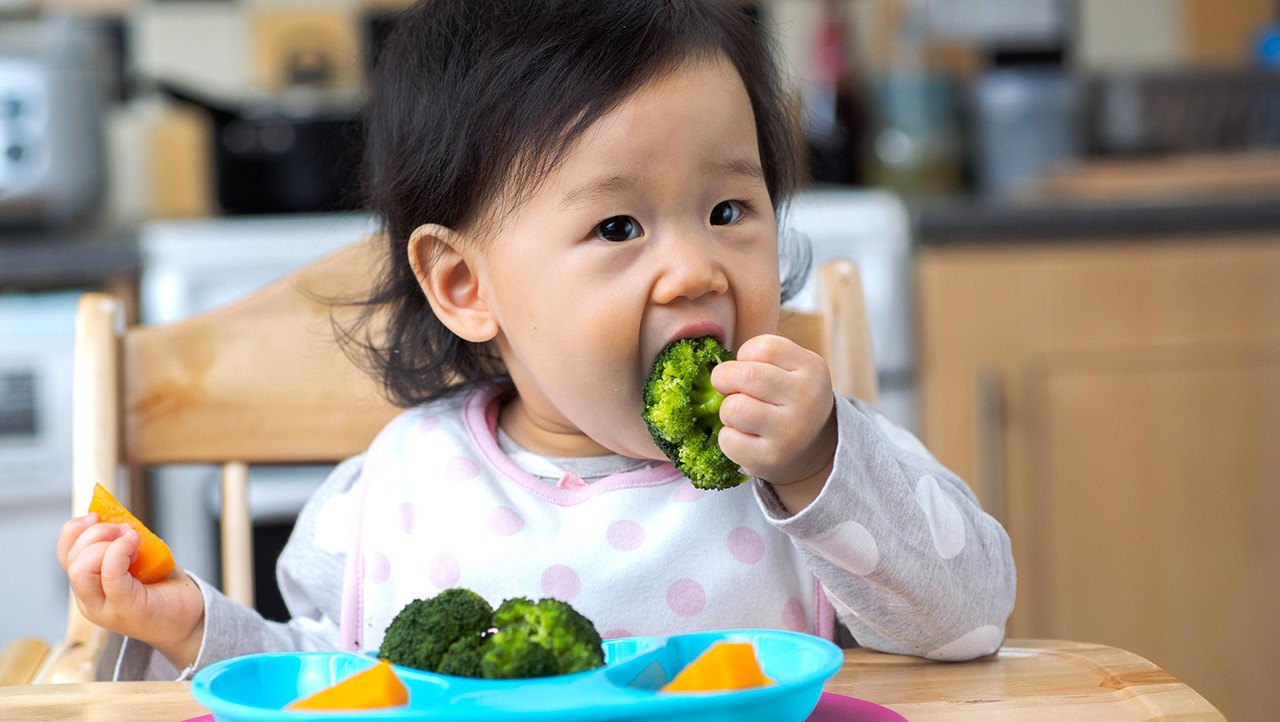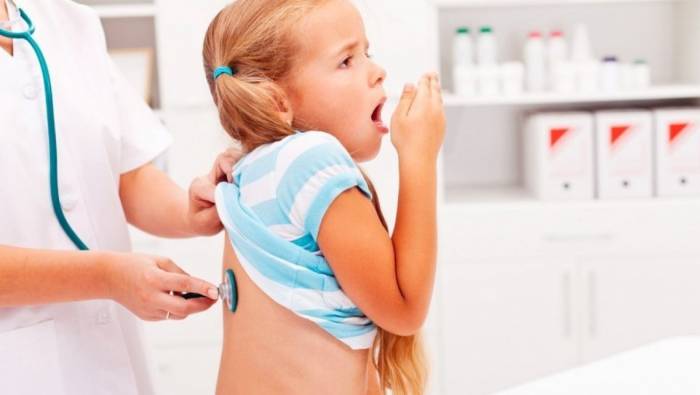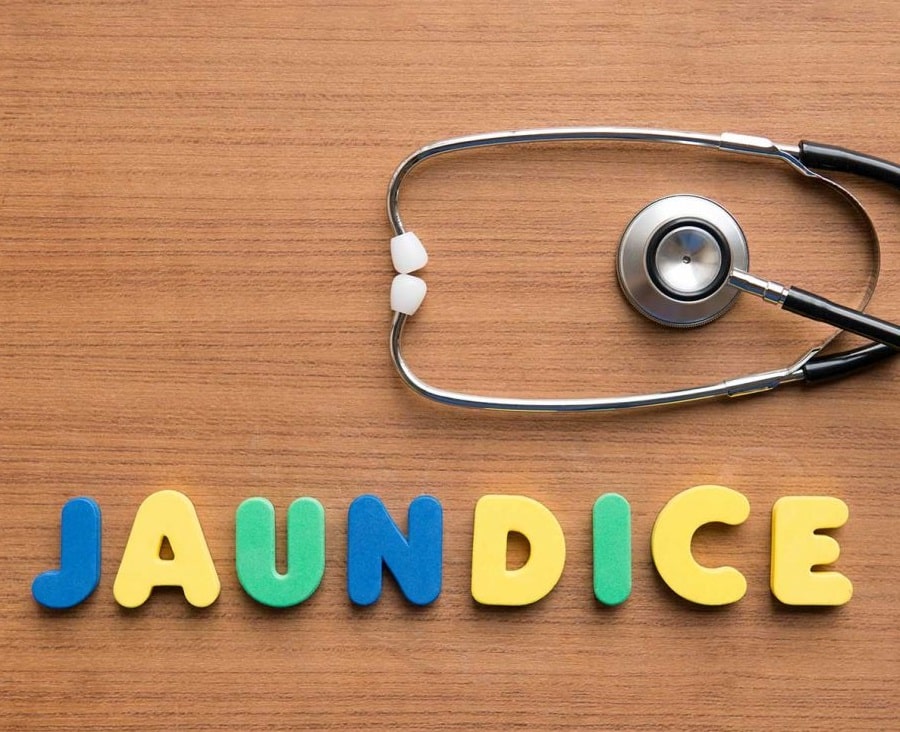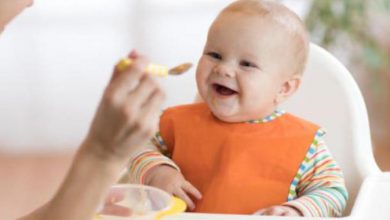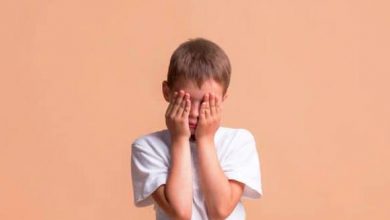Important causes of baby hiccups
Adults experience hiccups involuntarily for a variety of reasons, including overeating, chewing gum, drinking soda, and so on.
Are baby hiccups typical?
Infantile hiccups are caused by spasms of the diaphragm muscles that help the baby breathe. This problem usually lasts for about a minute to a few hours, but it is completely harmless and painless. As your baby gets older, his hiccups will naturally decrease.
Several factors can make your baby and toddler hiccup. While hiccups are often not a cause for concern, they can sometimes be caused by certain conditions.
Causes of hiccups in children:
Overeating
If the baby overeats food, breast milk, or anything else, he will experience bloating. This swelling causes the abdominal cavity’s diaphragm to dilate and contract suddenly, which manifests itself as hiccups.

Swallowing too much air at once
Babies who drink milk from a bottle experience hiccups due to swallowing too much air; excessive airflow causes the abdomen to swell and causes diaphragmatic spasms such as overeating.
Existence of irritants in the environment
Because babies have a delicate trachea, airborne chemicals such as dust, pollutants, odors, and vehicle exhaust can cause coughing. If the cough is too long, pressure on the diaphragm will cause contraction and hiccups.
Asthma
Asthma complications in infants and children can also cause hiccups. This is because the lungs’ bronchi can become swollen due to inflammation and reduce airflow to the lungs. This leads to wheezing, diaphragmatic spasms, and hiccups.
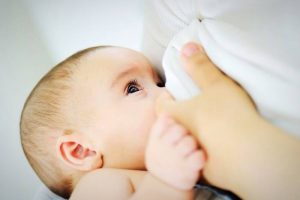
Allergic reactions
An allergic reaction can cause inflammation or swelling of the trachea. The baby may be allergic to milk proteins because if the mother changes her diet, she may develop allergies and alter the chemical balance of breast milk.
temperature changes
Occasionally, there is a change in temperature in a baby or toddler’s stomach area that can cause the diaphragm muscles to spasm. For example, eating cold milk followed by eating hot food causes hiccups.
Gastric reflux
Occasionally, stomach contents return to the fallopian tubes, known as gastric reflux, and are commonly seen in infants who have difficulty separating the gastric sphincter muscle from the esophagus. This reverse flow of food stimulates the end of the esophageal nerve and stimulates the diaphragm, and its contraction causes hiccups. While hiccups do not indicate gastroesophageal reflux disease, the persistent onset of this condition with other symptoms such as crying, chills, and excessive spitting can be a reason to see a doctor.
How to stop a child’s hiccups?
Hiccups often last more than ten minutes at a time. However, if you feel anxious or think your child is bothering you, read on to avoid hiccups.
Note: Depending on the child’s age and nutritional status, use the suggested methods for children.
Stopping naturally
The baby’s hiccups stop almost on their own, so if the baby does not seem to be under pressure, let it stop naturally, but if this continues for hours or days, tell your doctor.
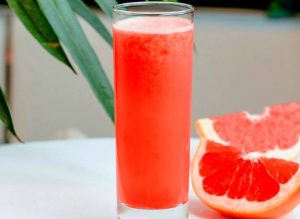
Use grapefruit juice
If you feel your baby is feeling pressure and hiccups, you can give him some grapefruit juice. It is a combination of herbs such as fennel, lemon, and ginger to reduce gastrointestinal problems. Note that before giving it to the child, dilute it a little.
Use a pacifier
When your baby starts to hiccup, you can give him a pacifier to stop it, which relaxes the diaphragm and prevents the spasm from stopping too much.
Giving sugar to the baby
Eating sugar is one of the oldest methods of treatment. If the child can eat solid food, put some sugar in his mouth. For babies who drink fluids, you can dip their pacifier in some sugar syrup because sugar can loosen and stop the diaphragm muscles.
Use of distractions
Try to focus on fun things like activities or toys. Because hiccups are naturally the result of muscle contractions related to the nervous system, use sensory distraction techniques. Like showing something interesting like a toy or a cartoon can stop it.
Ways to prevent baby hiccups:
Put the baby in the correct position when feeding.
Always keep the baby upright and make sure he is in the same position for at least 20-30 minutes. This puts the diaphragm muscle in its usual place and reduces sensitivity to spasm or contraction. Gently massage the baby’s back to burp as this can reduce the air swallowed while feeding. In addition to helping the diaphragm, it relaxes and prevents it.
Breastfeeding
Excess air that enters the stomach through breast milk is less than milk. However, the baby must suck his pacifier correctly and safely to prevent air from entering.

Massage the baby’s back
Regular massage of the baby’s back while standing will reduce and relax the diaphragm muscles. Massage the baby’s back gently and in a circular motion until it reaches his neck.
Baby burping
Be sure not to burp your baby after breastfeeding, as it will help to get rid of the air that has accumulated in his abdomen. It is recommended to put the baby in a standing position after breastfeeding and only rub his back.
Feed the baby while he is calm
Do not feed your baby when he or she starts to cry, as this will cause the baby to swallow too much air while crying.
Do fun activities
Engage in activities that require the child to be physically active.
Try not to drink too much milk or food at once
If necessary, give your child fewer meals at regular intervals. Allow at least 2-3 hours between each meal, and do not forget to burp the baby because it prevents air from accumulating in the abdomen.
Things to avoid:
There are many treatments for hiccups, but there are some things you should not do for your child because they may have serious side effects, some of which include:
Eat sour candy
While eating some delicious sour candies helps prevent hiccups, it does not allow children in any way. Also, the secretion of these sweets is an acidic substance that is harmful to the baby’s teeth.
Slapping the baby on the back
This method is suitable for adults but should never be tested on children. The skeletal structure of infants is very delicate, and pressure on it can lead to severe damage. However, you can gently tap on their backs.
Pull the tongue, arm, or leg.
This is very dangerous for babies because their ligaments and tendons are not yet ready to exert this force.
Scare the child
Unexpected loud noises help adults stop hiccups but frighten the child or even damage their delicate ears.
Hold the baby’s breath.
Lack of oxygen is hazardous for the child, and for some reason, this method should never be used.

When should you call your doctor?
Hiccups are perfectly normal, but there are some things you may want to see your doctor about:
- If the child is continuously hiccuping, this symptom can signify gastroesophageal reflux disease, a severe condition requiring medication or surgery.
- If the child hiccups for a long time, i.e., a few hours to a few days: this is an abnormal condition, and it is recommended to consult your doctor. Typically, babies can hiccup for up to an hour, but if it lasts longer, it can be a severe case, especially if your baby is coughing and wheezing at the same time.
- If the child’s hiccups interfere with his planned activities: To play, feed and put the child to sleep; if the hiccups prevent it, it is recommended to take the child to a pediatrician.
Also Read:
Cancers that are more common in men
33 Benefits and properties of figs for health and beauty
31 Properties and Benefits of black tea for Health, Treatment


